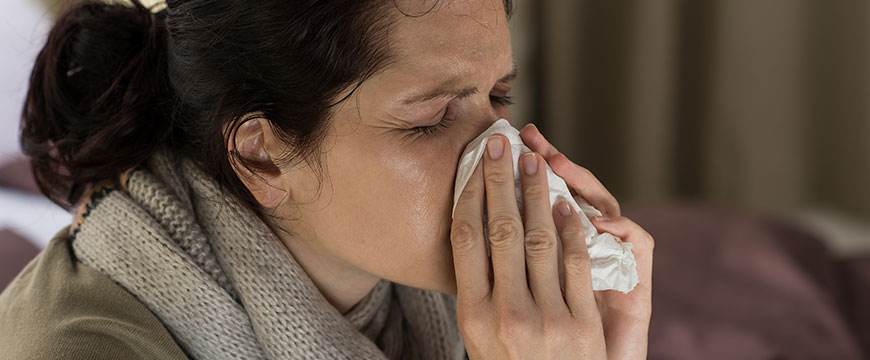
Since we are on quarantine due to COVID-19, we have more time to spend lying down on our beds. Now is also the time to appreciate that we have a home to shelter us from the virus. We have to be thankful that we have a nice bed to sleep on at night despite the uncertainty this virus is causing is right now.
This is also the time to keep yourself healthy amidst the health crisis. Even at home, you can do some home workouts and eat freshly-prepared meals.
It is also better you should learn how to deal with your allergies in case you have one. In case you need consultations, you can contact an allergist doctor online to help manage your symptoms while on quarantine.
What’s bugging you?
Bedtime is supposedly the time everyone looks forward to. After all, our bed is our safe haven from all the stress and uncertainty of our lives. It is supposed the bed that will bring us to dreamland and a good night’s sleep. Unfortunately, it’s not always the case.
Apparently, there is this tiny enemy that plagues a lot of people, especially during bedtime. These tiny pests, called bed bugs, commonly exist in mattresses and upholstered furniture. Actually, they can be seen by the naked eye but can still pester your precious bedtime, nonetheless.
For starters, bed bugs are small insects that bite exposed human and animal skin and feed on their blood. Bed bugs do not cause the outbreak of diseases. However, it can also cause other health concerns and even affect your budget.
On the one hand, bed bugs can cause rashes and allergic reactions. If you experience any allergic reactions due to bed bug bites, you should consult an allergist specialist. Some may experience mild reactions, but it can be life-threatening in other cases.
Symptoms and risks
Bed bugs often exist in bed cracks and crevices, headboards, bed frames, or box springs. These critters can also be found under carpeting, electrical outlets, light switch plates, or peeling paint or wallpaper.
The risks of getting bitten by bed bugs are higher when you spend time in homeless shelters, hospitals, or hotels. That said, the risk of allergic reactions is high as well especially if you are allergic to bed bugs.
If you experience the following, you might as well consult an allergist doctor immediately. Otherwise, it might lead to life-threatening consequences if left untreated. Common signs of bed bug bites include:
- Itchiness
- Red spots that are aligned or in clusters
- Bite marks on the arms, legs, face, or neck
- Allergic reactions such as hives or blisters
If you experience the latter, watch out for more severe reactions like difficulty in breathing or swelling. It can also cause anaphylactic shock in the worst cases. If so, consult an allergy specialist or visit an allergy clinic if possible at this time.
Preventing bed bug bites and getting rid of the bugs
Unfortunately, most allergic reactions due to bed bug bites may be mistaken as mosquito or flea bites. That is why you need to take note of the common symptoms as mentioned above.
One way to treat bed bug bites is by using antihistamines. Corticosteroid creams can also help alleviate the itching due to bed bug bites. Before the symptoms get worst, it is best to talk to an allergy specialist doctor.
Other tips to minimize the impact of bed bug infestation include the following.
- Do not scratch the bitten area or it may lead to bleeding or infection.
- Check your bed including the mattress and bed frame for any presence of bed bugs.
- If possible, hire a professional pest control company that will help treat bed bugs.
- Do not use the mattress or furniture with a bed bug infestation. If possible, remove and replace it with a fresher one.
Conclusion
Bed bugs can be annoying and can affect your good night’s sleep. It will leave you scratching and even cause infections. In the worst cases, it can lead to allergic reactions that can be life-threatening if left untreated.
If you got bitten by a bed bug, watch for any signs of the abovementioned symptoms. Better yet, let your allergist in Manassas know of your situation. At the end of the day, we all deserve a good and quality sleep every night, especially during this quarantine period.

